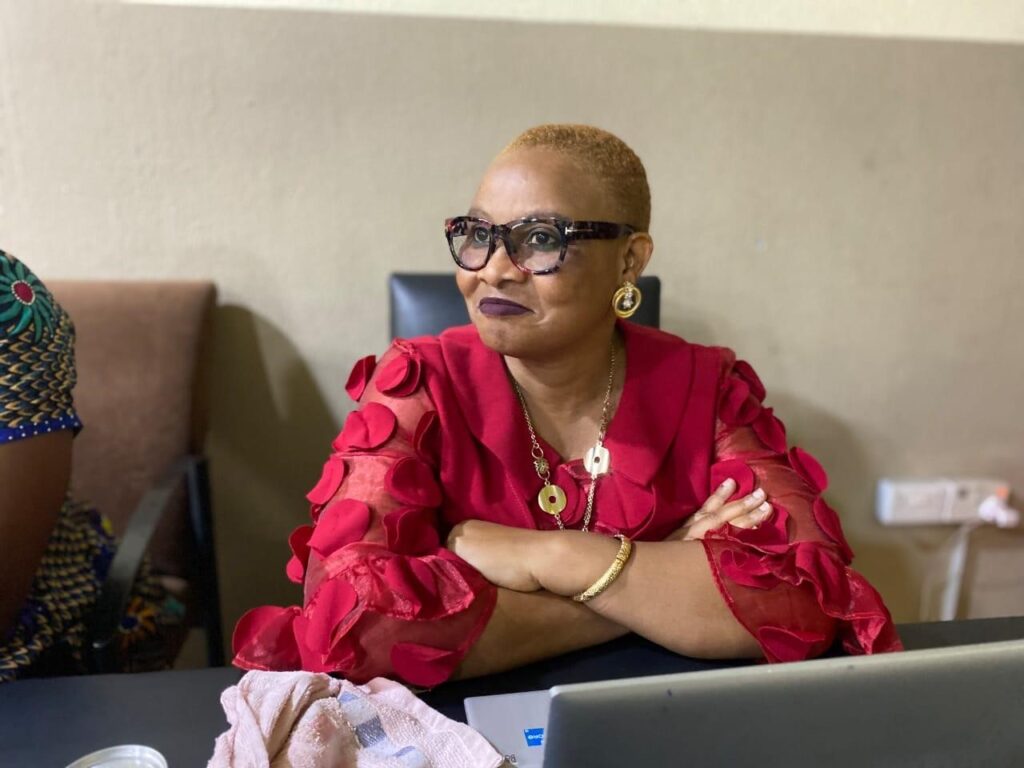With her energetic presentation style and captivating appearance, the Deputy Editor of Eagle Online, Mrs Juliana Francis last Friday armed female journalists with the necessary knowledge they need to survive in a typical Nigerian media organization newsroom, which males often dominate.
Francis was one of the speakers at a capacity-building Workshop for entry-level female journalists organised by the Publisher of BONews, Blessing Oladunjoye as her project for the Wole Soyinka Centre for Investigative Journalism (WSCIJ) Female Reporters Leadership Programme.
“Women journalists can multitask. We are unique because we are strong,” were some of her introductory phrases at the beginning of her presentation with journalists from print, broadcast and online platforms in attendance.
Drawing from her career experiences, the award-winning investigative journalist told the participants that they need not see themselves as inferior just because the majority of their colleagues are male and seemingly have more advantages.
To dissuade young female journalists from seeking validation from their male counterparts, Francis emphasized that female journalists can gain self-approval by going beyond the ordinary layman style of journalism.
She highlighted the importance of conducting thorough background checks on stories, which will enable the participants to write stories that delve deeper than the surface level.
She also addressed some of the challenges faced by female journalists, apart from intimidation from their male counterparts which include the following:
* Sexual harassment from colleagues and respondents in the field.
*Lack of workplace security.
*Covering conflicts that pose hazards.
*Late-night events that can affect both marital life and health.
On overcoming the challenges, she stressed the need for female journalists to earn respect in their practice by not seeking special favours that could put them in vulnerable positions.
“Protect yourself, as no story is worth your life,” she stated and advised against covering delicate stories, such as conflict scenes, alone. Instead, she recommended going in pairs with reporters from other media organizations.
Recalling one of her own experiences in which she was almost raped by one of her respondents during fieldwork, she advised female journalists to be firm in handling cases of sexual harassment and take necessary precautions.
In her concluding remarks, Francis urged young female journalists to take advantage of investigative reporting as a way to carve out a niche for themselves.
While discouraging them from leaving awards exclusively to their male counterparts, she emphasized that investigative stories are worth the effort, as they can earn female journalists’ respect and recognition in the profession.
She advised attendees not to rely heavily on grants for stories, as they often come with deadlines that can hinder them from working at their own pace.


